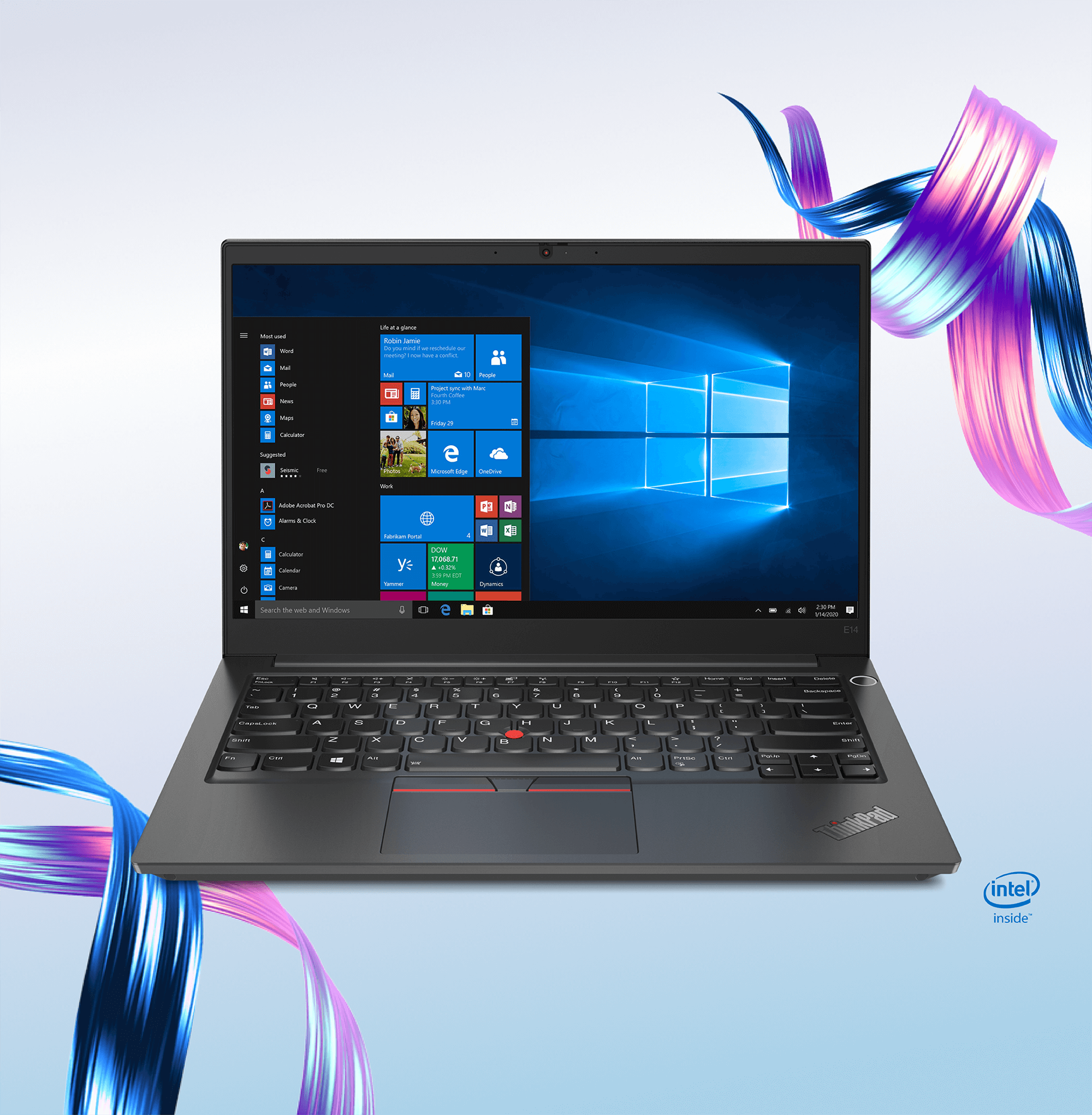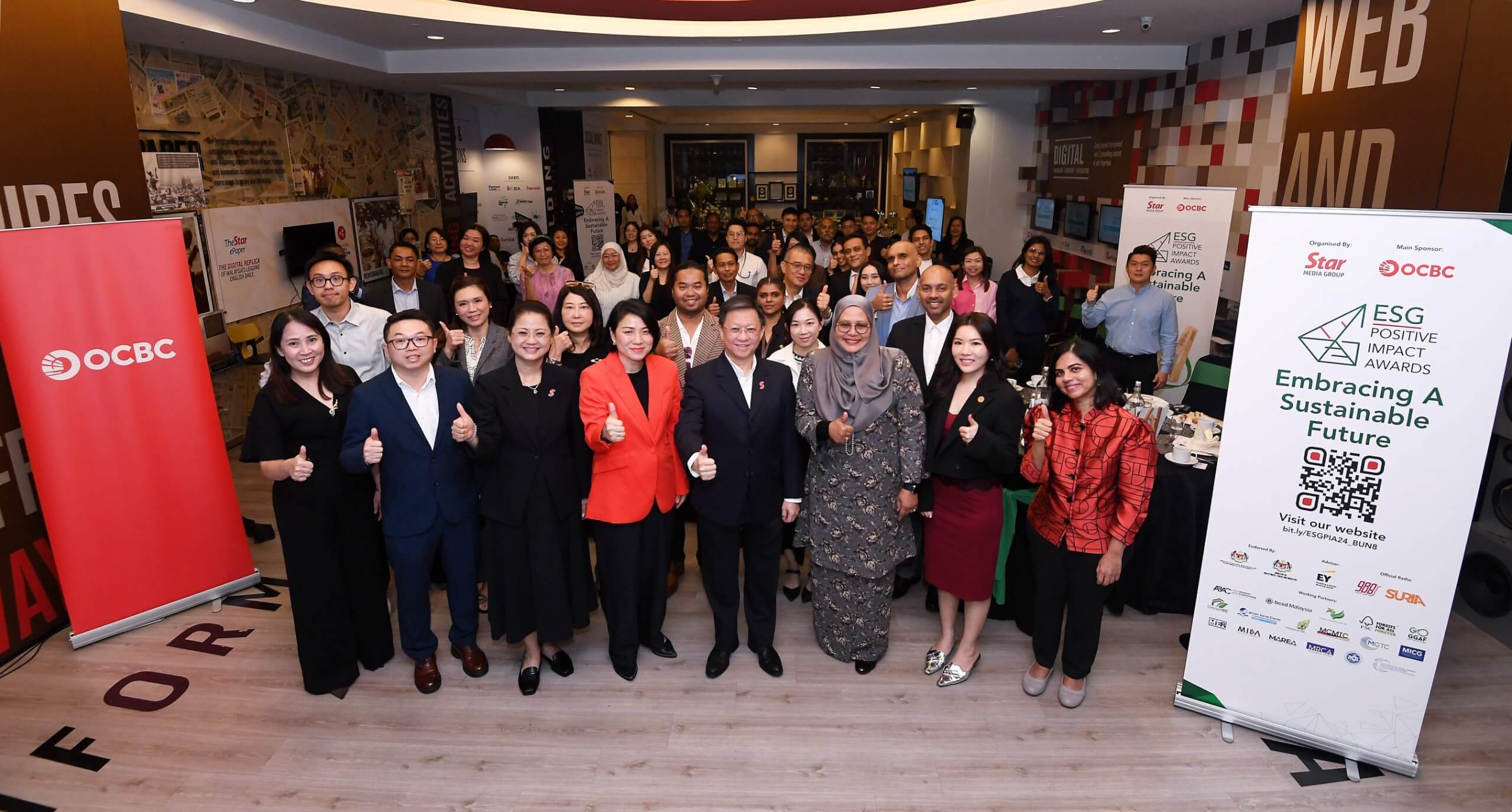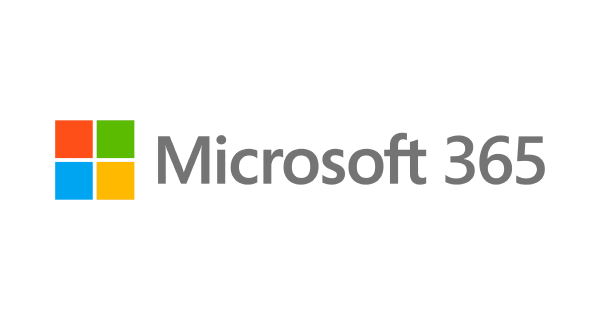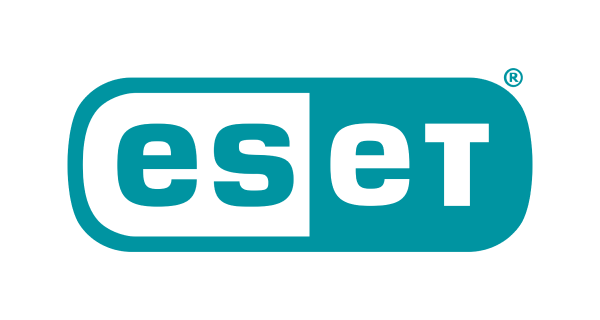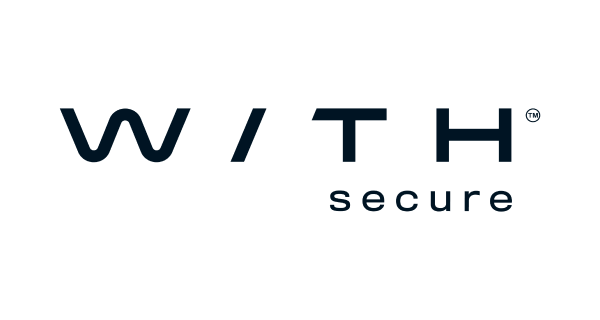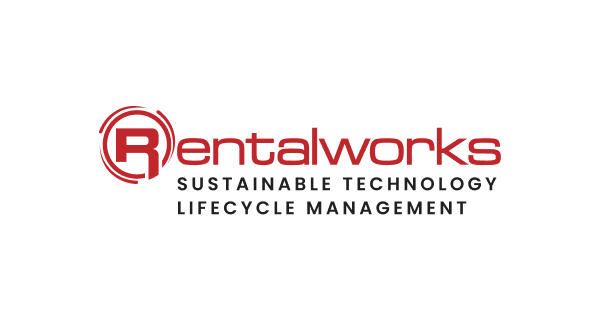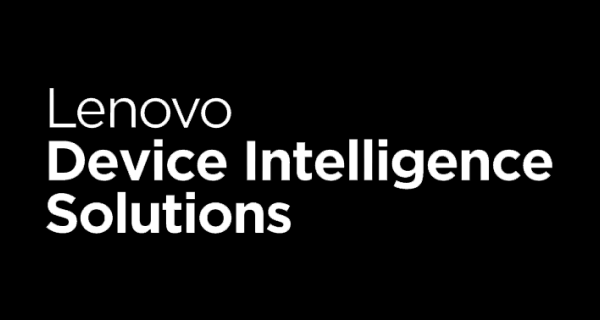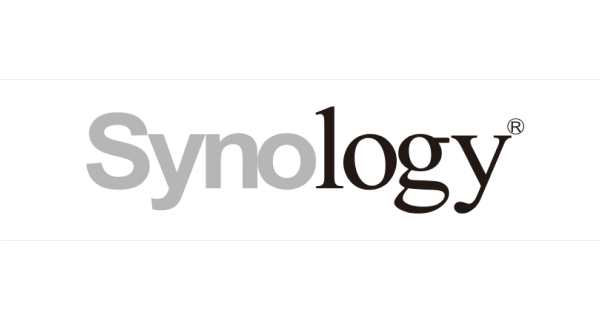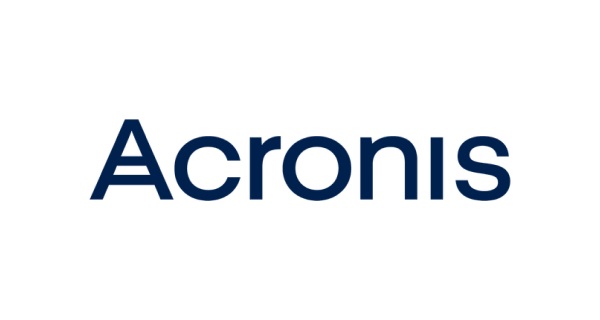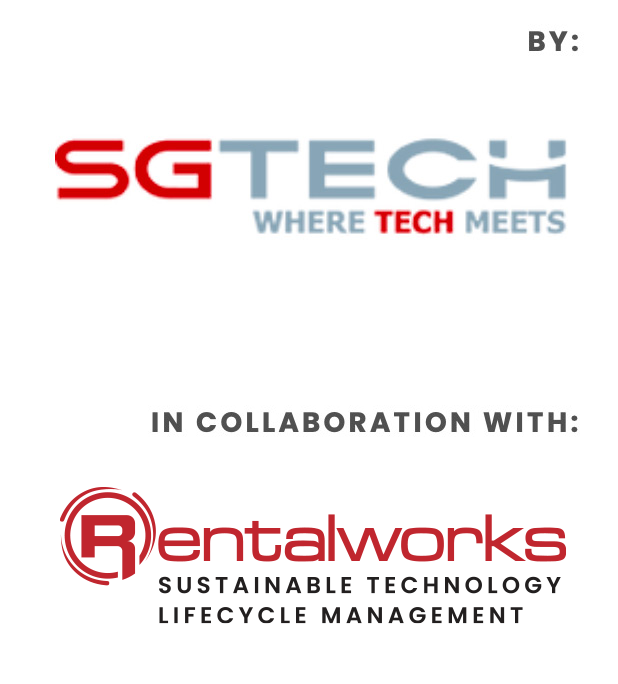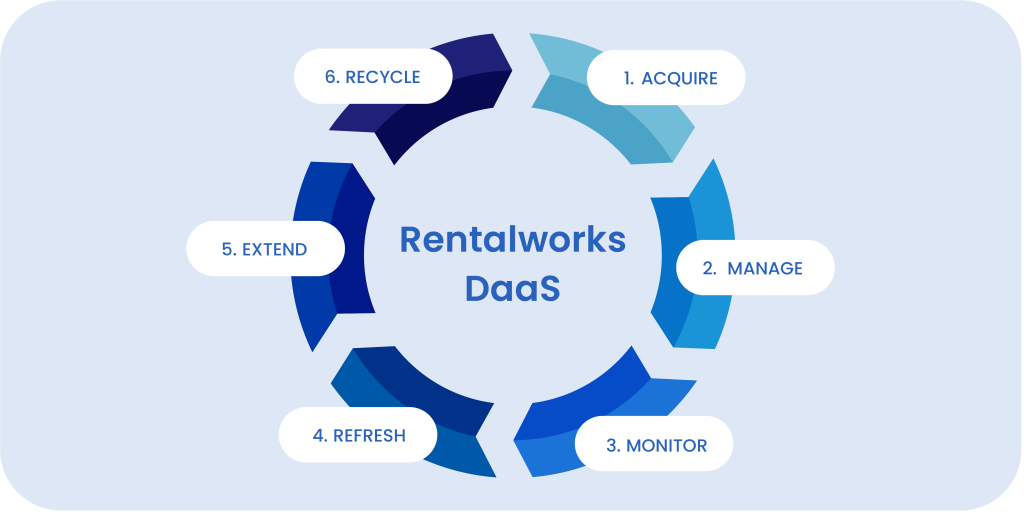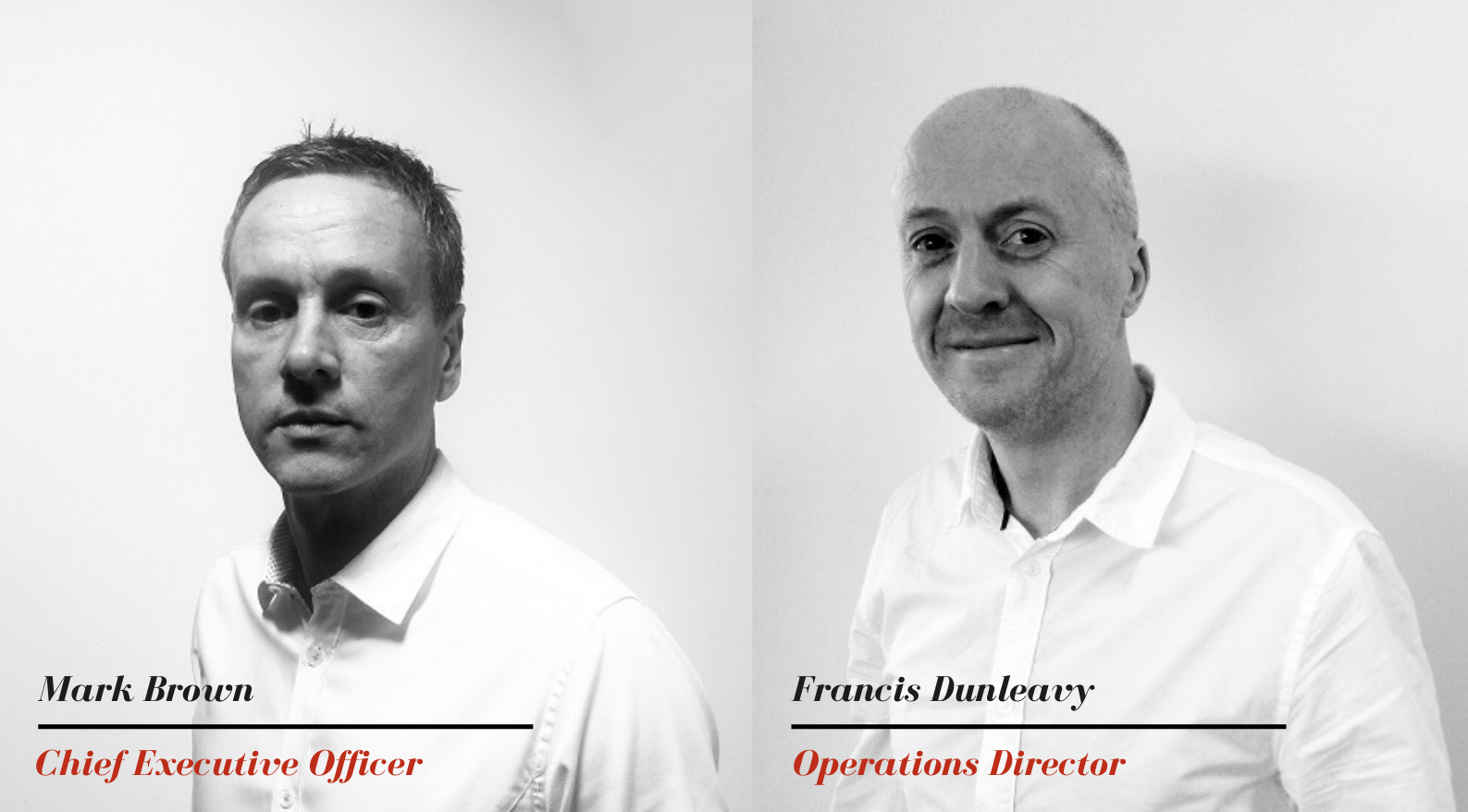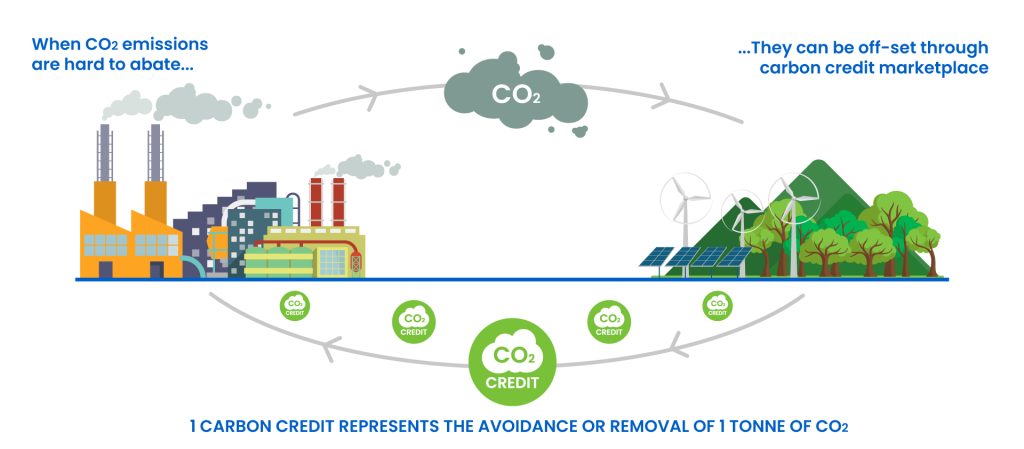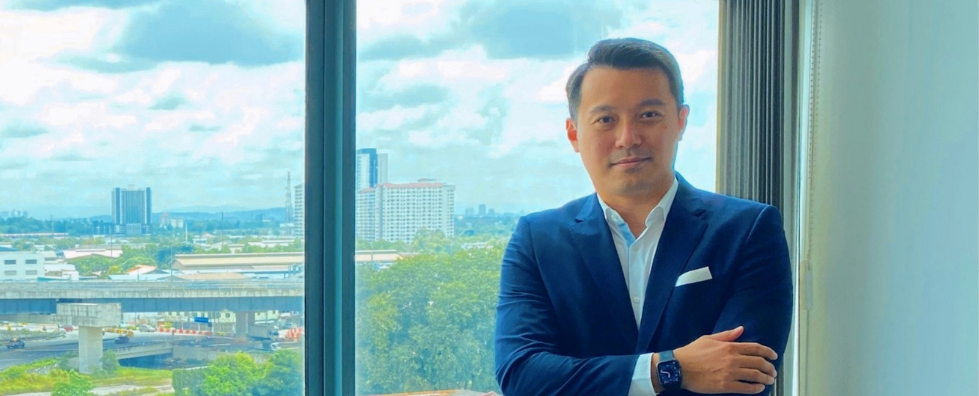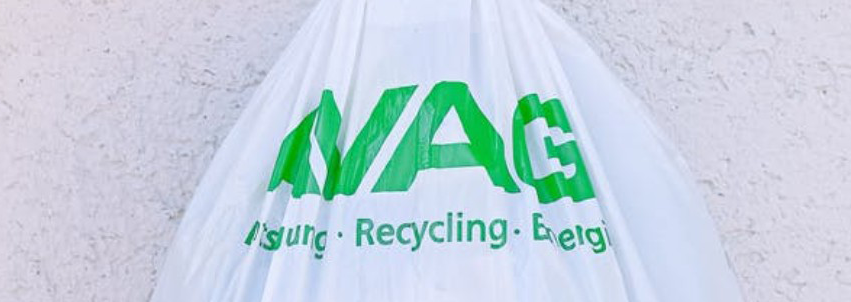Don't Get Left Behind:
Upgrade to Windows 11 Pro with
Rentalworks’ Trade-In Program
Microsoft is ending support for Windows 10. Are you ready? Continuing to use Windows 10 after the end-of-support (EOS) date leaves your devices vulnerable to security threats, and could impact your business’s productivity. But don’t worry, Rentalworks is here to help with a seamless and cost-effective upgrade path to Windows 11 Pro!
The Windows 10 EOS Opportunity: A Fresh Start for Your Business
Rentalworks understands that upgrading your business’s technology can seem daunting. That’s why we’ve created a comprehensive trade-in program designed to make the transition to Windows 11 Pro smooth, affordable, and even beneficial for your bottom line.
Here’s how Rentalworks can help you navigate the Windows 10 EOS and embrace the future of productivity:

Upgrade to Windows 11 Pro:
Enjoy the latest features, enhanced security, and improved compatibility with modern hardware as low as SGD29.50*/ per month.

Tech Support Hub
Our expert Tech Support team is ready to assist you with every step of the upgrade process. We minimize downtime during the trade-in and upgrade.

Productivity Partnership Assessment
We offer a free consultation and audit of your devices. Our experts will analyze your current equipment and identify opportunities for improvement in efficiency, performance, and cost savings.
Rentalworks is offering compelling incentives to make upgrading to Windows 11 Pro easier than ever:
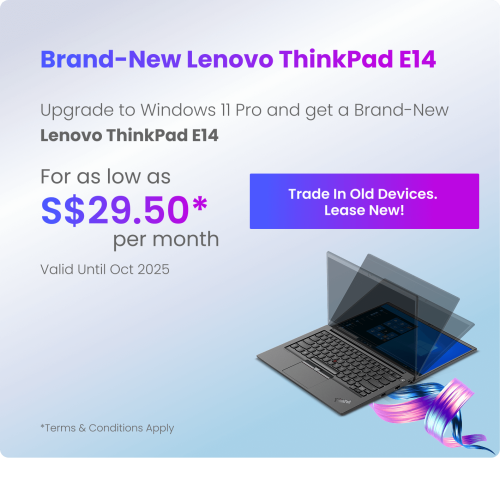
Maximize Efficiency and Enjoy Comprehensive Support
No matter which option you choose, you’ll benefit from:

Cutting-Edge Technology
Boost productivity with faster processing speeds and seamless integration.

Rentalworks Tech Support
Benefit from our comprehensive tech support and maintenance services for a smooth experience. Our dedicated support team will transfer your important data effortlessly.

Productivity Partnership Assessment
We offer a free consultation and audit of your devices. Our experts will analyze your current equipment and identify opportunities for improvement in efficiency, performance, and cost savings.
Beyond the Upgrade: A Partnership for Success
Windows 11 Pro Training: Get familiar with the new features through expert training and webinars.
Maximize Efficiency and Enjoy Comprehensive Support
No matter which option you choose, you’ll benefit from:

Secure Data Erasure
We securely erase all sensitive data from your old devices, protecting your information.

Compliance Assurance
We provide certified data wiping and secure disposal, adhering to industry regulations.

E-Waste Reduction
We partner with certified e-waste recyclers to ensure responsible disposal, supporting a sustainable future.
Don’t wait until the last minute!
Contact your Rentalworks account manager or click here to learn more about our Trade-In Program and schedule a free consultation. Let Rentalworks equip your business for success with an easy, affordable, and strategically advantageous upgrade to Windows 11 Pro.

